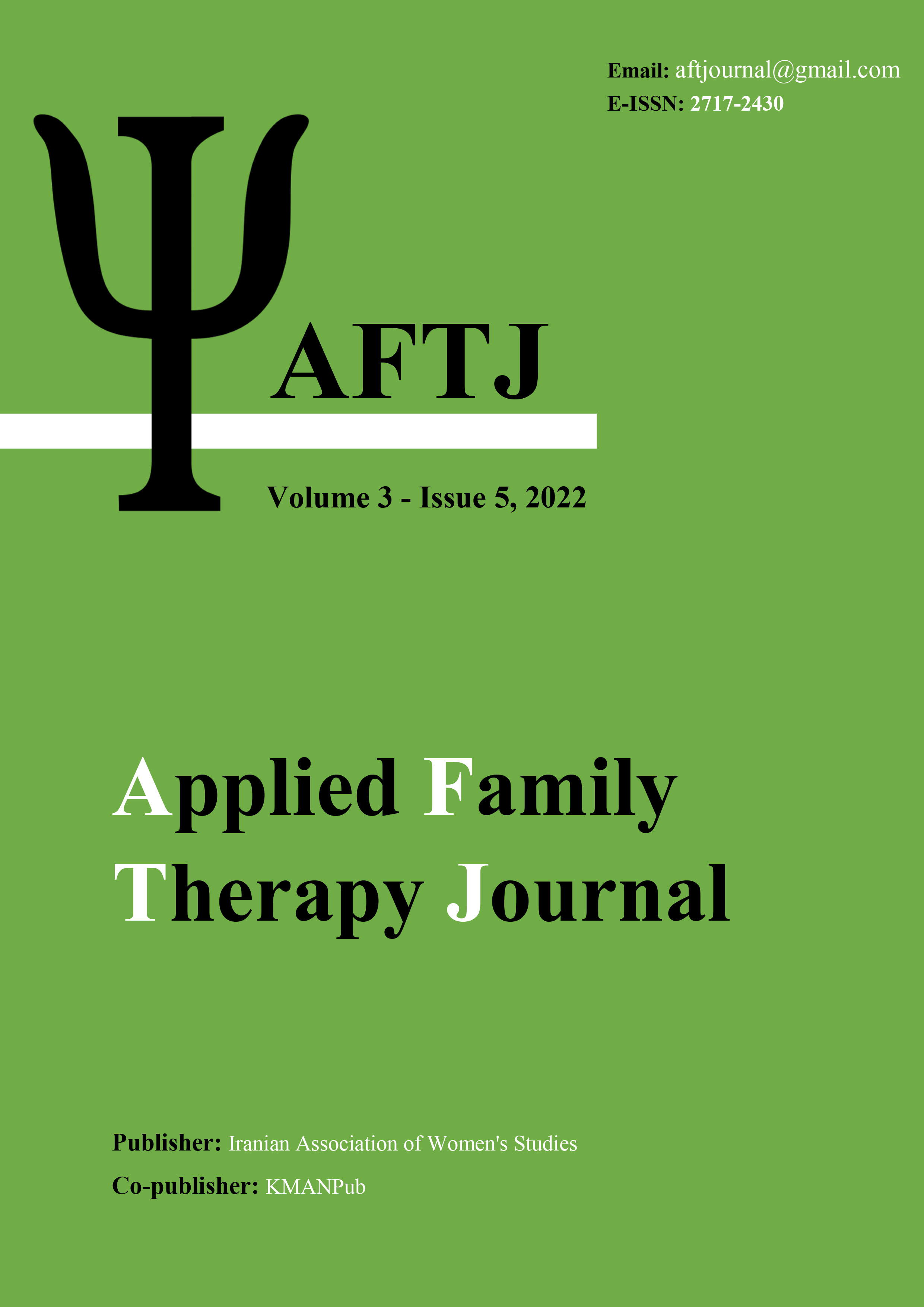The Effectiveness of Hope-Based Career Counseling on Self-Efficacy in Career Decision Making and Job Hope of Women Seeking Jobs
Keywords:
Counseling, Career Path Based on Hope, Self-Efficacy, Career Hope.Abstract
Aim: Self-efficacy in career decision making is also one of the most important factors in people's career success. The aim of this study was to investigate the effectiveness of hope-based career counseling on self-efficacy in career decision making and job hope. Method: The present study was conducted by quasi-experimental method and pre-test, post-test and follow-up with control group. The statistical population of this study consisted of all women seeking high school work who were introduced to technical and vocational training centers in Tehran to receive training and skills, among which 30 were randomly selected and placed in two groups of career path counseling based on hope and control group. The data collection tool was self-efficacy questionnaires in career decision making and job hope. In the experimental group, the hope-based training package was performed in six sessions and no intervention was performed in the control group. After data collection, standard mean and deviation and covariance analysis were used to analyze the data. Results: The results showed that career path counseling based on hope of self-efficacy increase is effective in career decision making (P<0.001) and job hope (P<0.001) and their subscales. Conclusion: In career counseling based on hope, a person successfully performs job selection tasks well and can fulfill his commitment, which can increase self-efficacy and job hope.
Downloads
Downloads
Published
Issue
Section
License

This work is licensed under a Creative Commons Attribution-NonCommercial 4.0 International License.





















